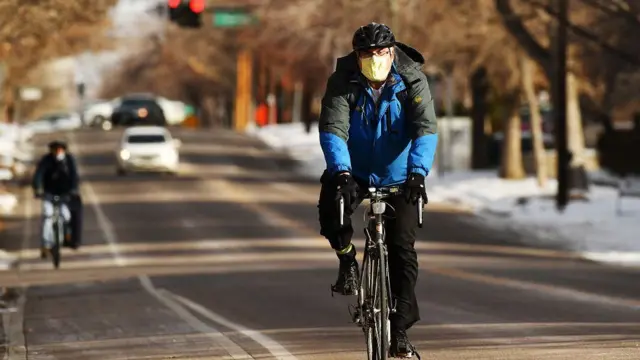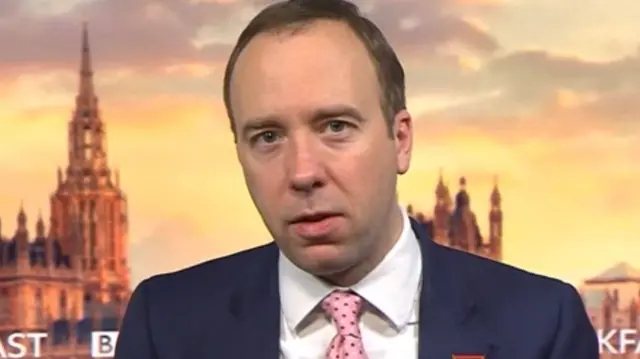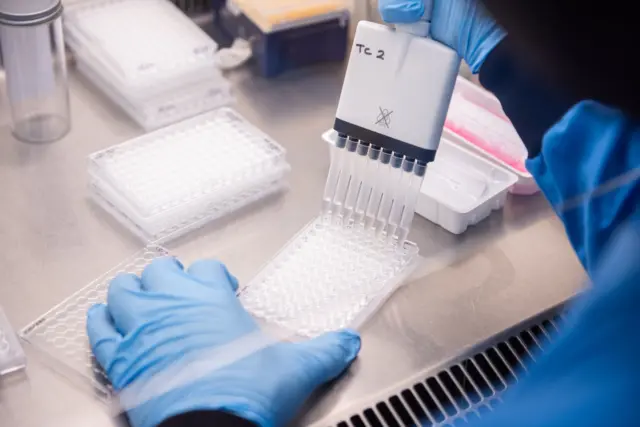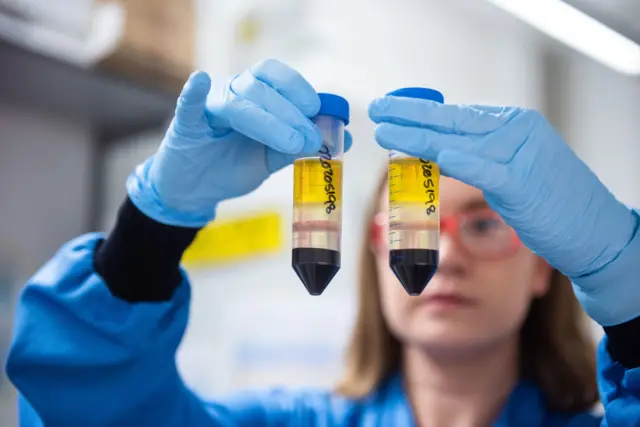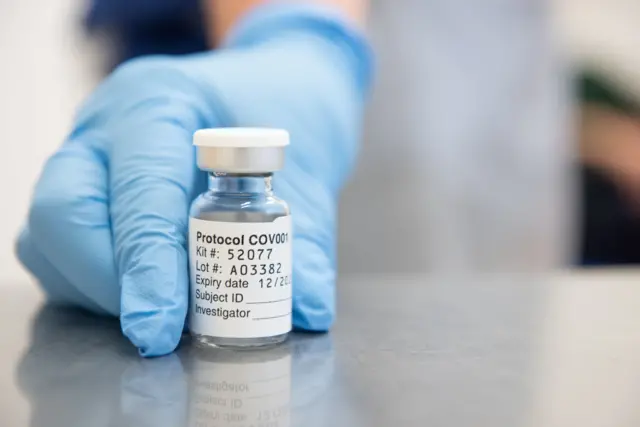Whitty: Oxford vaccine a 'collective effort'published at 08:22 GMT 30 December 2020
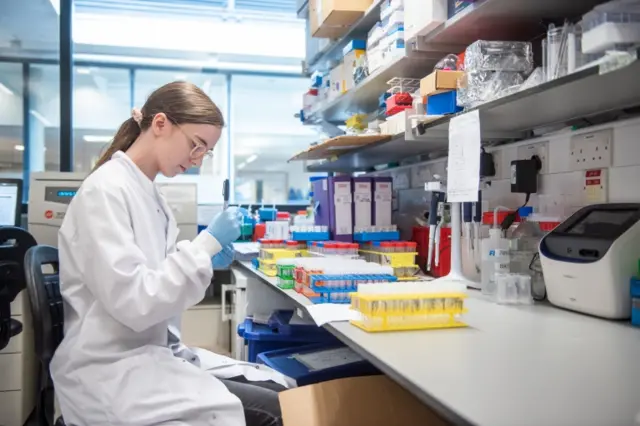 Image source, University of Oxford
Image source, University of OxfordProf Chris Whitty, England's chief medical officer, said the approval of the Oxford-AstraZeneca vaccine was "very good news" and he paid tribute to those involved.
He said: “There has been a considerable collective effort that has brought us to this point.
“The dedication and hard work of scientists, regulators and those who funded the research."
He also praised the volunteers who took part in vaccine trials for their "willingness and selflessness" which he says was "essential in delivering this safe and effective vaccine".
"They deserve our recognition and thanks," he added.
